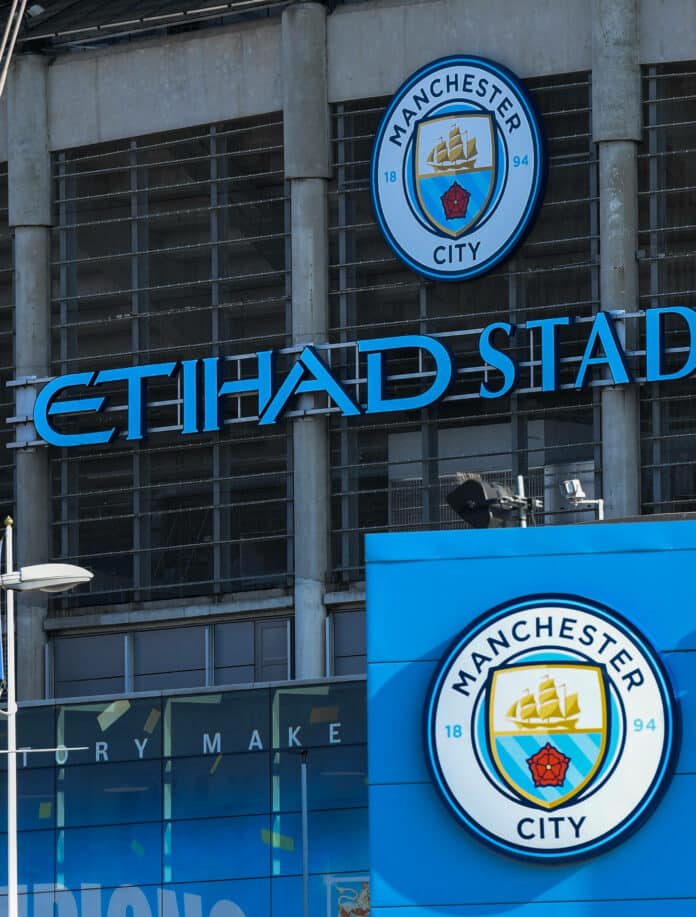Premier League Seeks Major Amendments to Sponsorship Regulations
The Premier League has stirred conversation among its clubs by proposing changes to the associated party transaction (APT) rules, following a significant ruling from an arbitration panel involving Manchester City. This legal decision, centred on the nature of commercial deals between clubs and companies linked to their owners, could lead to a potential shift in how clubs secure sponsorships and other financial arrangements. BBC Sport recently outlined the core elements of these proposed changes and the complex legal battle underpinning them.
Background to the Legal Dispute
The dispute originated from Manchester City’s challenge to the APT regulations, rules designed to ensure that sponsorships involving companies tied to club owners reflect fair market value. City argued that some restrictions within the regulations were too rigid and had breached competition law. The arbitration tribunal sided with City on specific aspects, deeming certain rules “unlawful.” In particular, they ruled that low-interest shareholder loans should be included in the scope of APT regulations. The tribunal also highlighted that recent amendments to the rules, aimed at toughening the restrictions, breached competition law principles.
City’s reaction was assertive. They labeled the current regulations as “void” and voiced concerns over the Premier League’s suggestion that new rules could be quickly passed without due process, warning of further potential legal action if there were “knee-jerk” responses.
Proposed Changes and Potential Impact on Clubs
In response, the Premier League has circulated a letter among its 20 clubs, summarising amendments suggested by its Legal and Financial Controls Advisory Groups, as reported by BBC Sport. A key focus of the amendments is on adjusting the definition of “fair market value.” Currently, it’s defined as the price that “would be” achieved in a transaction under normal market conditions. However, the proposed change would see “would” softened to “could,” while also omitting the words “in normal market conditions.” Such a modification, if adopted, could potentially allow clubs greater freedom in establishing deals with associated companies, widening the latitude for clubs to secure higher sponsorship values from affiliates.
Another suggested amendment is the reversal of the previous rule excluding shareholder loans from APT rules, a decision that might further impact the way clubs are financed. With the 22 November meeting approaching, clubs will soon vote on these proposals, though a two-thirds majority is required for any amendment to pass.
The Road Ahead: Will Clubs Embrace These Amendments?
It remains unclear whether the proposed amendments will garner sufficient support. The notion of expanding financial freedoms might appeal to some clubs, while others may fear that it could tilt the playing field in favour of those with wealthy backers. The Premier League’s proposal comes as it seeks to strike a balance between financial flexibility and competitive fairness, navigating the fine line between commercial gain and league-wide integrity.
Ultimately, if the changes are approved, this could usher in a new era for Premier League sponsorships, potentially transforming how clubs leverage associated partnerships. For now, both Manchester City and the Premier League have chosen not to comment further, leaving fans and stakeholders waiting for the upcoming club vote to reveal the league’s next steps in this evolving financial landscape.

